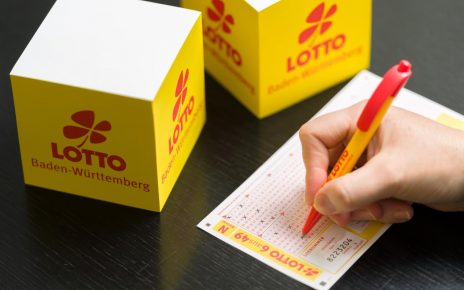In many East and Southeast Asian countries, illegal gambling is control via the establishment of lottery betting. One of the names these are called is togel. Since its inception in the 60s, these lottery and sweepstakes games supported the gambling industry and offered funds to both charity and the country via taxation.
Gambling and Betting on the Lottery
Trends in the past couple of years indicate that Asia’s gambling boom has reached quite the height at stakes reaching 65 billion dollars and increasing by the year. Fluctuations due to current events aside, gambling has become a giant consideration in the development of urban tourism in Asian countries.
Gigantic casino resorts notwithstanding, even small-scale betting games are flourishing in both urban and rural entertainment scenes. It is not that far fetched to say that gambling in its many forms have become part of the Asian culture. And one of the strictly regulated but well-patronized formats is the lottery.
The 6-Digit Format and the Prize Increase Mechanic
First established in many East and Southeast Asian countries to stem the popularity of illegal gambling, lotteries have replaced many of the older formats in the low-income population’s preference for regular bets.
Later enriched with many formats and mechanics for increased betting options, one of the most popular ones include the 4-digit and the 6-digit formats. These meant choosing a set of 4-6 numbers out of a 42-49 numbered board. These are available in many iterations and sub-formats. But the entire lottery scene boomed in popularity in the inception of the prize mechanic that allowed the pot money to snowball into quite the attractive figures.
Controlled Betting
With gambling in most of its forms gone illegal, the fortune-seeking portion of the population turned their affections to regularly betting on these lotteries with the cheapest 4-digit formats being the most popular followed by the 6/49 and the other 6-digit formats.
These gambling activities are strictly monitored and regulated by authorities and thus, the original “bad” business that resulted from the older illegal formats are removed. This means more safety for the players as well as the economy of the locale where these lotteries operate.
Habit Formation
With cheap betting options, safety features, strict regulation and the beautiful stories of success shared by winners and the operators, lotteries became a mainstay in people’s entertainment preference. Many families would have at least one individual that have formed the habit of placing a bet in regular intervals.
The games and results have become integrated in public reporting, scrolling along in news programs and some even has dedicated shows for the results announced. Online platforms and mobile applications are shown to be quite effective in assisting the ease of placing bets and thus assist in these habit formation.
Charity and Taxation
Each transaction in these lottery bets include, by law, a portion to be dedicated towards charity. One, it justifies the presence of a legalized gambling activity and two, it allows the players to contribute to charity by indulging in these fortune-fishing thrills.
Taxation on lotteries form a pretty amount of government revenue as they are identified as luxury and thus incur a higher tax rate than other industries.
A Relatively Old Tradition
Considering the history of the people and their propensity for enjoying gambling in its many forms, lotteries can be thought of as a tradition streamlined to serve a purpose in the people’s entertainment while also functioning as a tool for the authorities to snuff as much illegal gambling as possible.




